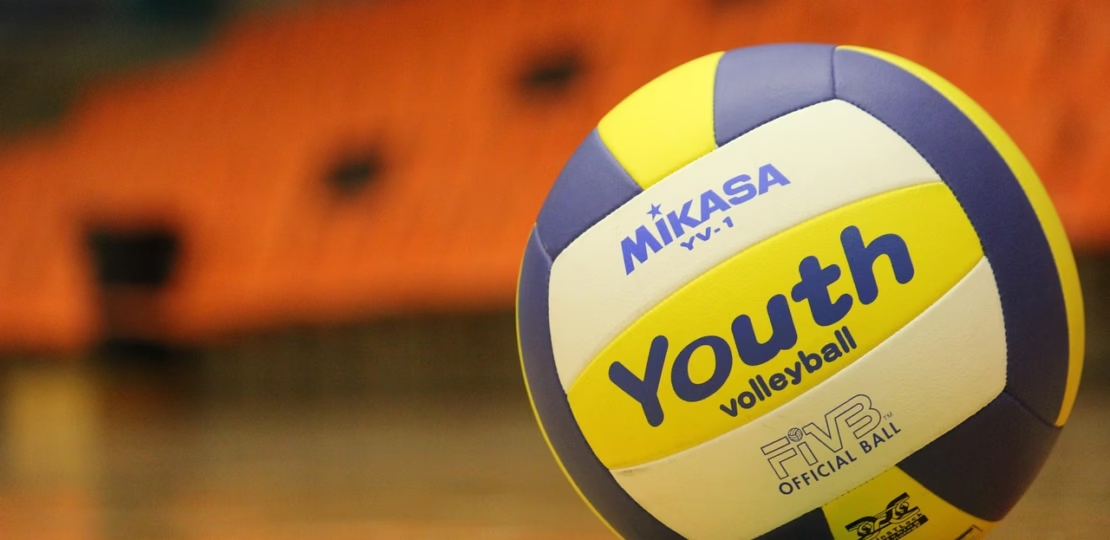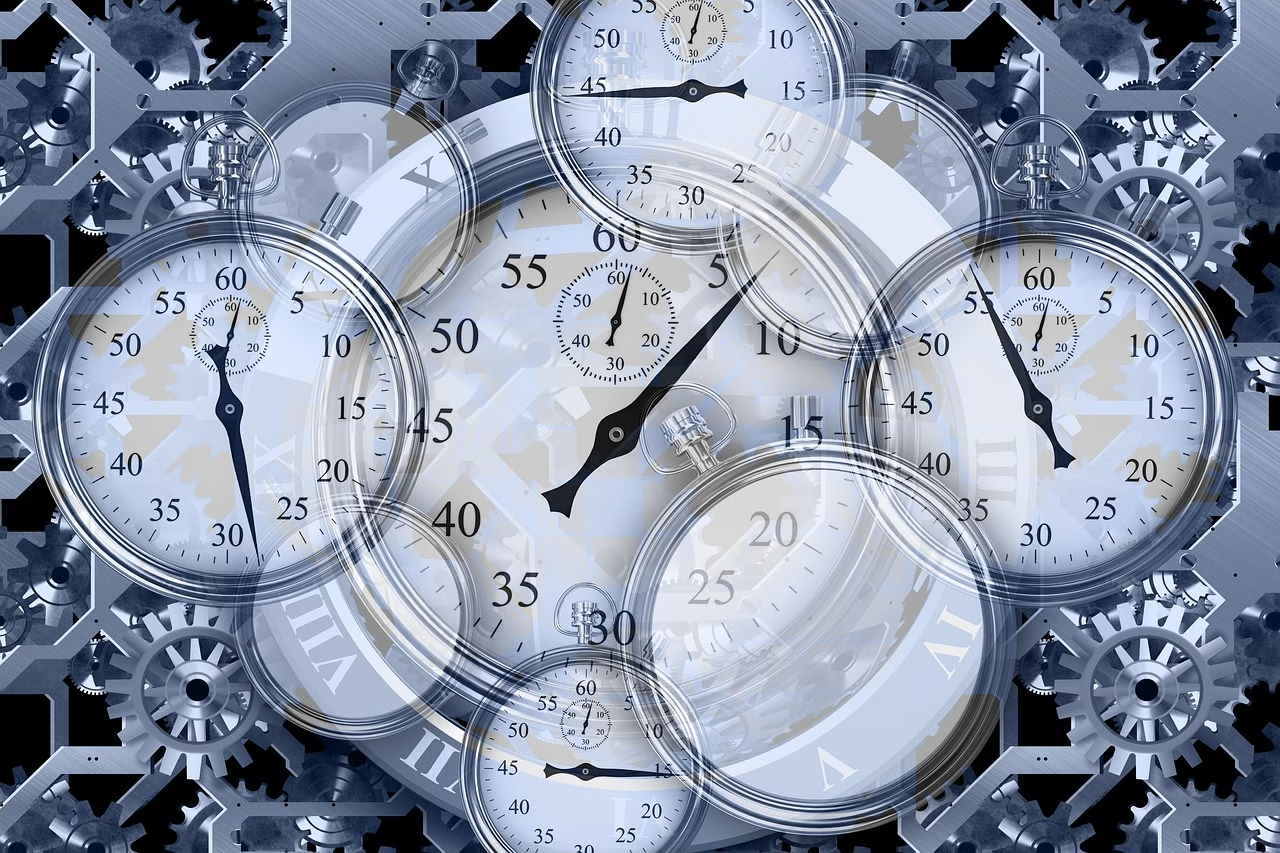“The Surprising Connection Between After-Hours Work and Decr
June 3, 2025 | by Ethan Rhodes

The Surprising Connection Between After-Hours Work and Decreased Productivity
We’ve all been there, staring at glowing screens long after dinner, replying to “urgent” emails or leaving voice notes at midnight. In our always-on world, after-hours work has become a badge of honor — but ironically, it’s the silent killer of high performance and sustainable productivity.
Chasing More Hours, Losing More Ground
For most of my career as a workplace strategist, I believed that hustling extra hours was just what dedicated professionals did. The true game-changer came when I started tracking not just what I finished, but how I felt doing it. The pattern was impossible to ignore: my sharpest ideas and fastest progress happened in my normal work hours. The more I “caught up” late at night, the more mistakes I made — and the more I had to redo work the next day.
Here’s the kicker: after-hours work doesn’t just make us tired. Research shows it disrupts our rest, blurs our boundaries, and tanks our performance the very next day. This isn’t about being lazy or undedicated; it’s about how our brains and bodies actually function for the long haul.
Why Overworking Backfires
- Mental Fatigue Sets In: Your brain’s ability to focus drops with every extra hour worked. After a certain point, you’re just spinning your wheels — not moving forward.
- Creativity Takes a Hit: Innovation doesn’t thrive when you’re exhausted. Your best solutions need space and mental downtime to germinate.
- Motivation Plummets: When work creeps into personal time, it drains the joy and energy you need to show up fresh and engaged.
- Quality Suffers: Mistakes are far more likely in “overtime hours,” leading to more rework and — yep — even longer hours tomorrow.
The Energy Cost of “Just This One Thing”
What starts as a quick email at 9:30 p.m. soon turns into a half-hour scroll or a slide tweak here and there. The problem isn’t only the loss of free time; it’s the hidden energy tax. You go to bed spinning, sleep worse, and greet tomorrow with less spark. That “one thing” you squeezed in? It could cost you hours of clarity and high-quality output the next day.
Expert Moves: How to Stop the Cycle (and Get More Done)
- Draw Your “Hard Stop” Line: Pick a daily time to shut down your work devices — and fiercely protect that boundary. Start with something simple, like “no work after 7:00 p.m.” Enforcement is everything.
- Batch & Prioritize Relentlessly: Identify your “must-win tasks” for each day (no more than 3). Attack these first when your energy is highest, instead of chasing your inbox until sunset.
- Build a Real Unplugging Ritual: Replace evening work with a short walk, reading, or a hobby that recharges you. Physically close your laptop and put your phone out of reach.
- Communicate Your Hours: Let your team know when they can expect responses from you. Most people don’t want to infringe — they just need transparency. You set the tone!
Lasting Success Isn’t a Sprint
When we believe productivity is all about “more hours,” we rob ourselves of the high-focus, high-joy, high-quality work that actually moves the needle. The data — and the experience of thousands of my own clients — is clear: Protecting your off-hours is a power move, not a retreat. It’s your secret weapon for showing up with more energy, sharper thinking, and better results.
Give yourself permission to unplug tonight. Draw the line. Watch what happens to your productivity tomorrow — and the next day, and the next. The surprise won’t be how little you get done after hours; it’ll be just how much more you accomplish when you finally work less.

RELATED POSTS
View all



